
Protecting your hearing when you’re young
Imagine having a ringing in your head…….all the time. Imagine not being able to hear music properly, or conversations with friends. This kind of damage to hearing is 100% preventable, but once it happens, it’s irreversible. Protecting your hearing when you are young has never been more critical. In an age where you are always surrounded by noise: hearing conservation is more crucial than ever. Loud music, earphone usage, industrial work, concerts, motorsports and shooting can all contribute to hearing loss as you get older. Unfortunately, many young people do not appreciate the dangers of hearing loss or take precautions to prevent premature loss of hearing.
World Health Organisation research
The World Health Organisation (WHO) has found that 1.1bn teenagers and young people are at risk of hearing loss. Nearly 50% are exposed to unsafe levels of sound from the use of personal audio devices and around 40% are exposed to potentially damaging levels of sound at entertainment venues. WHO research also found that 43 million people aged between 12 and 35 already suffer from hearing loss.
Dangers to hearing
Exposure to loud sounds for prolonged periods of time can irreparably damage hearing and lead to chronic hearing issues such as tinnitus (ringing in the ears). One of the leading causes of hearing loss and hearing issues is related to workplace noise. Although there have been many developments in workplace laws over the last 50 years, there are still many workplaces which do not provide adequate hearing protection to employees. Working in a factory with loud machinery or working as a guitarist in a band can both be equally detrimental to your hearing if you have not got the right level of ear protection.
Listening to music
Young people are particularly susceptible to hearing damage as a result of listening to music. Prolonged exposure to music, even if it is not turned up to maximum volume, can be detrimental to your hearing health. Still, young people listening to music via headphones, earphones and air pods are particularly at risk. Studies have shown that regular use of earphones to listen to music can diminish hearing thresholds and can lead to noise-induced hearing impairments.
Musicians
Jono Heale, Director at ACS Custom, gave a talk last year to students at the Royal Northern College of Music, about hearing protection and safe listening. Watch the video to see Jono’s talk.
Research on professional and amateur musicians shows that they can also suffer. George Odam, Emeritus Professor at Bath Spa University and Fellow of the Guildhall School of Music and Drama undertook a research project into the health of music students. After a 1-year pilot study, he found that 26% had tinnitus and 17% had some degree of hearing loss. Other research shows that musicians and DJs are 3.5 times more likely to suffer from music-induced hearing loss and almost 1.5 times more likely to develop tinnitus than the general population.
Even today, hearing conservation and occupational health, safety and welfare for musicians is not mandatory as a subject in music education. Typical decibel levels for different types of music would be: Chamber ensemble, playing mezzoforte, 80-85dB; Symphony orchestra, 94-120dB; Pipe and drums band, 100-110dB outdoors, 116dB indoors; Amplified rock band, 94-120dB and Front of house mixing desk, 97+dB. Considering your maximum time exposure at a level of 85dB is 8 hours, and for every increase of 3dB, that exposure time halves, this means that at 100dB, 15 minutes is the maximum safe exposure time.
If you’re listening to or playing in any of those scenarios, you will likely be exceeding that exposure time and thus increasing your risk of music induced hearing loss.
How is your hearing damaged?
Maybe you’ve just come out of a bar or a live music venue and your hearing has gone a bit muffled. Usually this is temporary and your hearing will go back to normal after a little while. But if it doesn’t, it could be noise or music induced permanent hearing loss. Or you get a ringing noise in your ear, which again disappears after a short while. If it doesn’t go away, it’s a warning that you could be at high risk of hearing damage.
What can you do to safeguard your hearing?
If you frequently attend live music events, have loud hobbies (such as motorsports) or work in an environment which is subject to loud noise – then adequate hearing protection is necessary to ensure optimum ear health. Even if you have never experienced hearing problems, exposure to loud noise for prolonged periods could have a delayed effect, which will be experienced many years from now. Wearing ear protection such as earmuffs, plugs and canal caps are the best ways of ensuring that your ears remain healthy for years to come. It’s important to choose earphones that completely block out the background noise, otherwise you’ll find you need to turn the music up by around 10dB in order to hear the music above the background noise.
Foam earplugs
These are just an auditory block, in that they literally block the ears. They affect the clarity of sound and so are no good for listening to music.
Custom-made ear protection
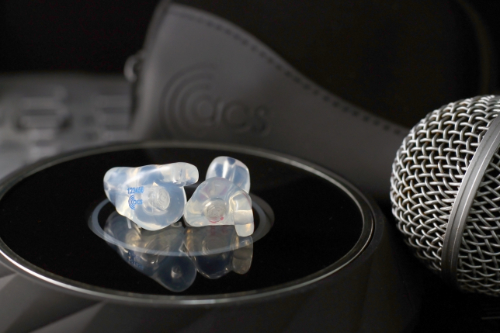
ACS Custom offers off-the-shelf and custom made earplugs which are popular with those working in the music industry. Custom made earplugs can be made for you if you are frequently exposed to noise for prolonged periods. We take an impression of your ear and then scan this with a laser, create a 3d model and then 3d print a mould, into which we inject the soft silicone. The benefit of a custom made earplug is
- they stop you getting hot and sweaty, as air is allowed to pass through the ear plug in both directions
- they don’t block the sound
- there is less occlusion (the sound your own voice makes inside your head when you’re wearing normal earplugs)
- there is a better frequency response
- music without the muffle
- better overall communication, as you can hear conversation at the same time as reducing the level of the background music or noise.
Custom in-ear monitors (CIEM)
ACS also make in-ear monitors for vocalists for on-stage monitoring. These are also made from soft silicone, unlike many other manufacturers’ CIEMs, which are made from hard acrylic, thus not being as flexible or as good a fit as the soft silicone CIEMs.
At Help in Hearing we can advise on the most appropriate hearing protection from custom made solutions, in the ear monitors, electronic noise suppressors for those that shoot or a non-customised product such as ER20’s, should you need something urgent for a one off event. We also supply customised swim moulds. Our ear impressions are sent off to ACS who offer a choice of custom-made soft silicone earplugs, popular with musicians, DJs, vocalists, sound engineers and frequent visitors to gigs and clubs. These high-fidelity bespoke fitting earplugs cost around £140. Earplugs protect against hearing loss by using advanced noise-reduction technology. Earplugs can be used by anyone to reduce the impact of loud noises, whether you are playing at a gig or standing in the crowd! If you value your hearing and you like loud music you should really play safe now so you can still hear tomorrow.
Universal fit earplugs available
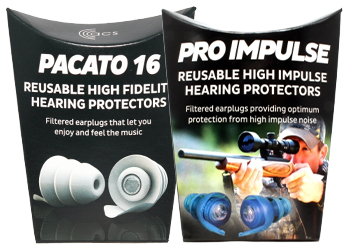
We also sell high fidelity, attenuating earplugs from ACS Custom. These are generic, off-the-shelf, universal fit earplugs which have an attenuating filter. This means that they can filter out a certain number of decibels. We can provide these from our practice, and they retail at £10, which we recommend for anyone who knows they will be exposed to loud music or noise. It is worth considering always having a pair with you – they come with an easy to store keyring – as noise exposure is everywhere. For example, cinemas are often overly loud – you may remember the feature in our last newsletter about actor Hugh Grant walking out of the film Joker.
Have you had a hearing test?
Regular hearing tests may seem like overkill if you haven’t already got hearing problems. However, they can be essential for catching any potential issues before they become full-blown problems. Getting an occasional hearing test will help identify any hearing concerns so that precautions can be taken to avoid the problem from getting worse. Of course, a healthy lifestyle will also help keep your hearing in good condition – especially as exercise helps to improve blood flow to your ears!
What should you be doing?
- Be aware of sound levels and your exposure times, especially in social situations.
- Co-operate: turn down amplified equipment if asked to and if necessary.
- Wear hearing protection that you are given or buy. Make sure you wear it all the time in noisy areas.
- Look after your hearing protection.
- Report any problems: don’t keep quiet about your concerns about noise, loud music or your hearing. See your GP or an audiologist if you’re concerned, get yourself tested and get it checked out. You only have one pair of ears.
Protecting your hearing – where to find out more
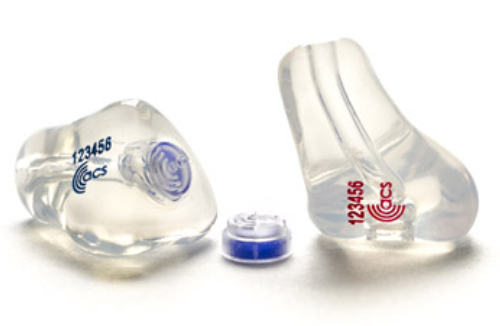
For more information on hearing protection solutions please fill in our online contact form or call us on 0345 222 0579.
With thanks to Jono Heale from ACS Custom
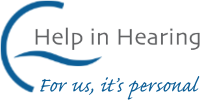

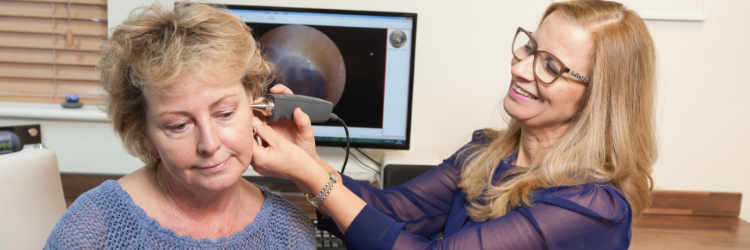

This Post Has 0 Comments